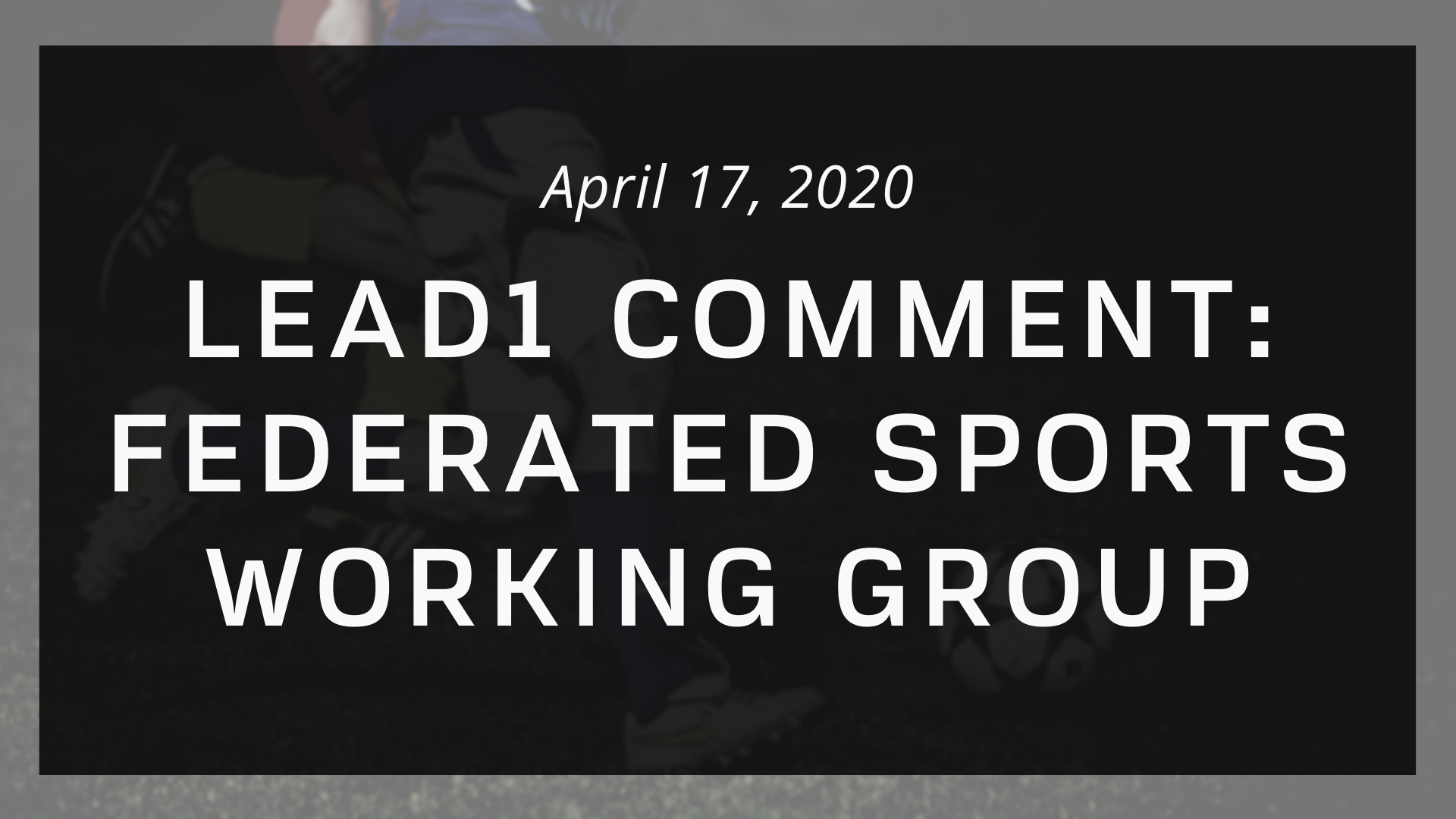Download PDF Version HERE
Executive Summary: While we created this working group months before the COVID-19 pandemic with an eye toward exploring potential travel efficiencies due to the current conference geographic footprints, perhaps now, more than ever, due to the crisis, we believe that a potential “federated sports” model warrants immediate consideration given the uncertainty that now exists with respect to finances in our industry.
Thus, with the exception of football and men’s and women’s basketball, we would like to discuss a national scheduling effort for all Division I college sports where the NCAA, institutions, and conferences could collaborate and coordinate using scheduling optimization technology. This collaboration process would increase overall travel efficiencies by identifying nearby institutions to play each other, while, at the same time, allowing institutions to maintain independence in creating their own schedules to the extent they desire. As explained below, we would also like to explore the possibility of athletics departments having an increased role in this process.
Roster:
Tom McMillen
CEO & President; LEAD1 Association
Kevin Pauga
Assistant AD/Administration; Michigan State University
Jon Gilbert [Co-Chair, LEAD1 Federated Sports Working Group]
Director of Athletics; East Carolina University
Doug Gillin [Co-Chair, LEAD1 Federated Sports Working Group]
Director of Athletics; Appalachian State University
Rachel Blunt [LEAD1 Federated Sports Working Group
Sr. Associate AD; University of Central Michigan
Jenny Bramer [LEAD1 Federated Sports Working Group]
Executive Associate AD, External Affairs; San Diego State University
Charlie Cobb [LEAD1 Federated Sports Working Group]
Director of Athletics; Georgia State University
Jesse Martin [LEAD1 Federated Sports Working Group]
Sr. Associate AD, External Affairs; Oklahoma State University
Keli Zinn [LEAD1 Federated Sports Working Group]
Deputy AD, External Affairs; West Virginia University






